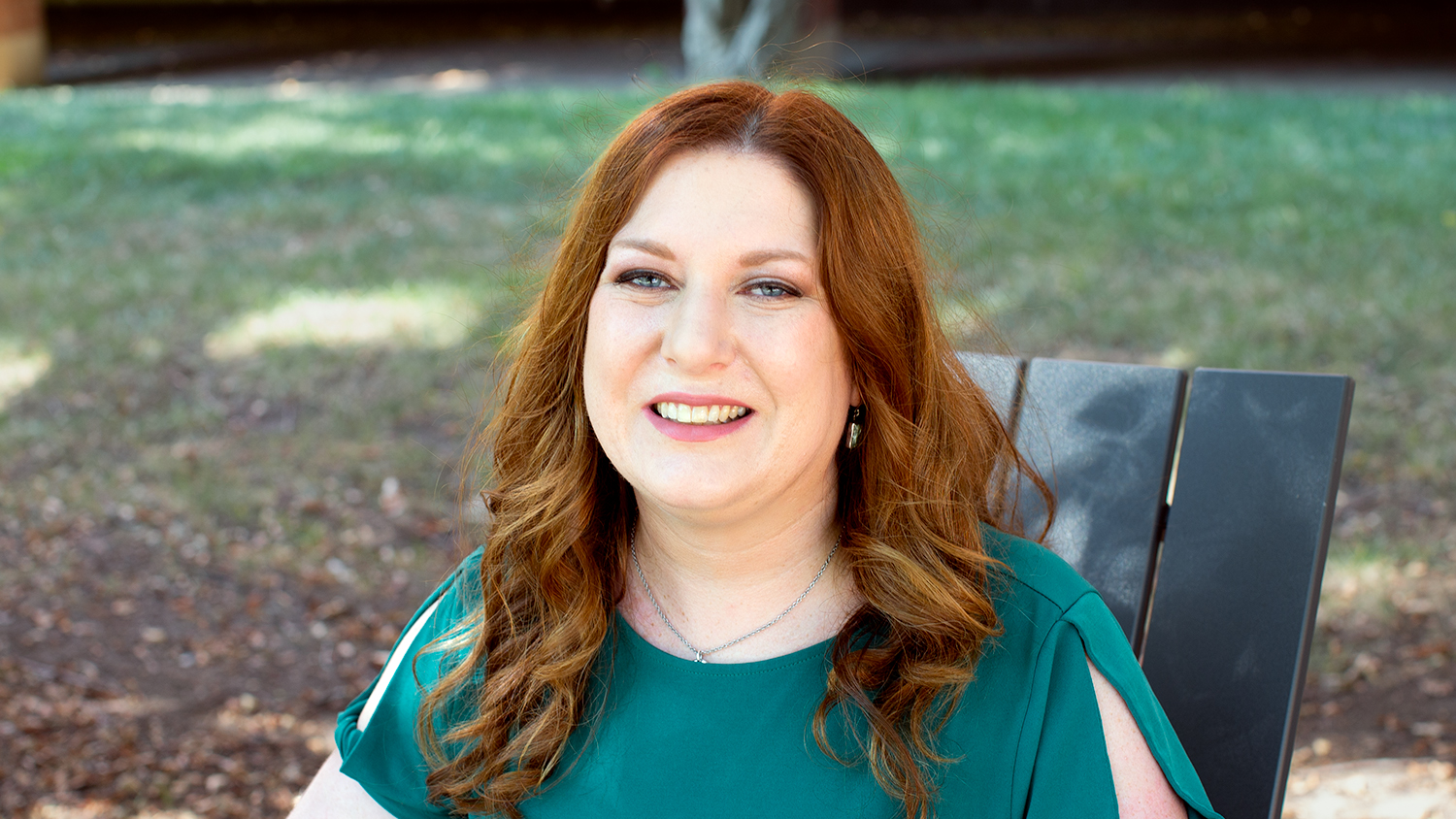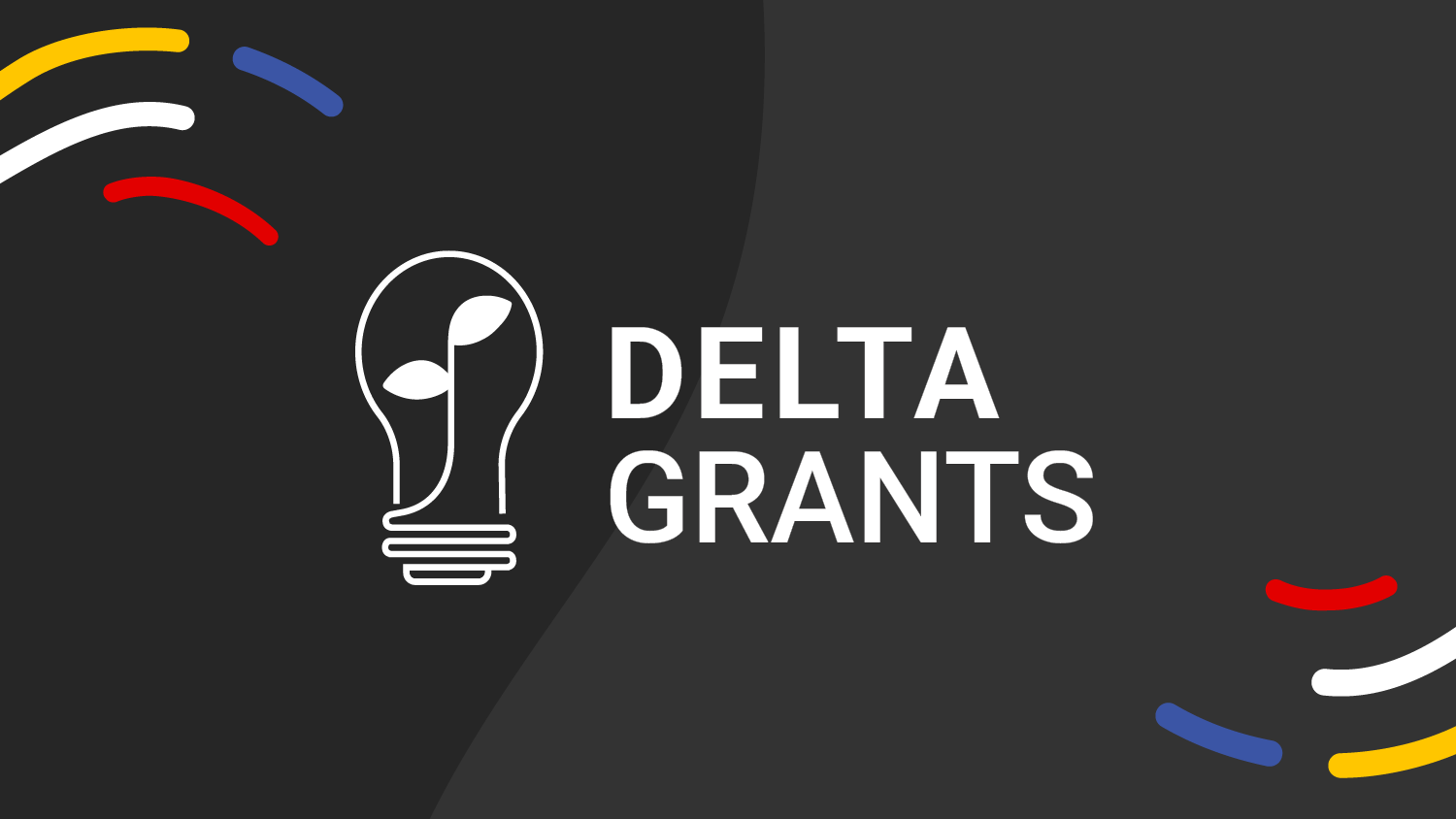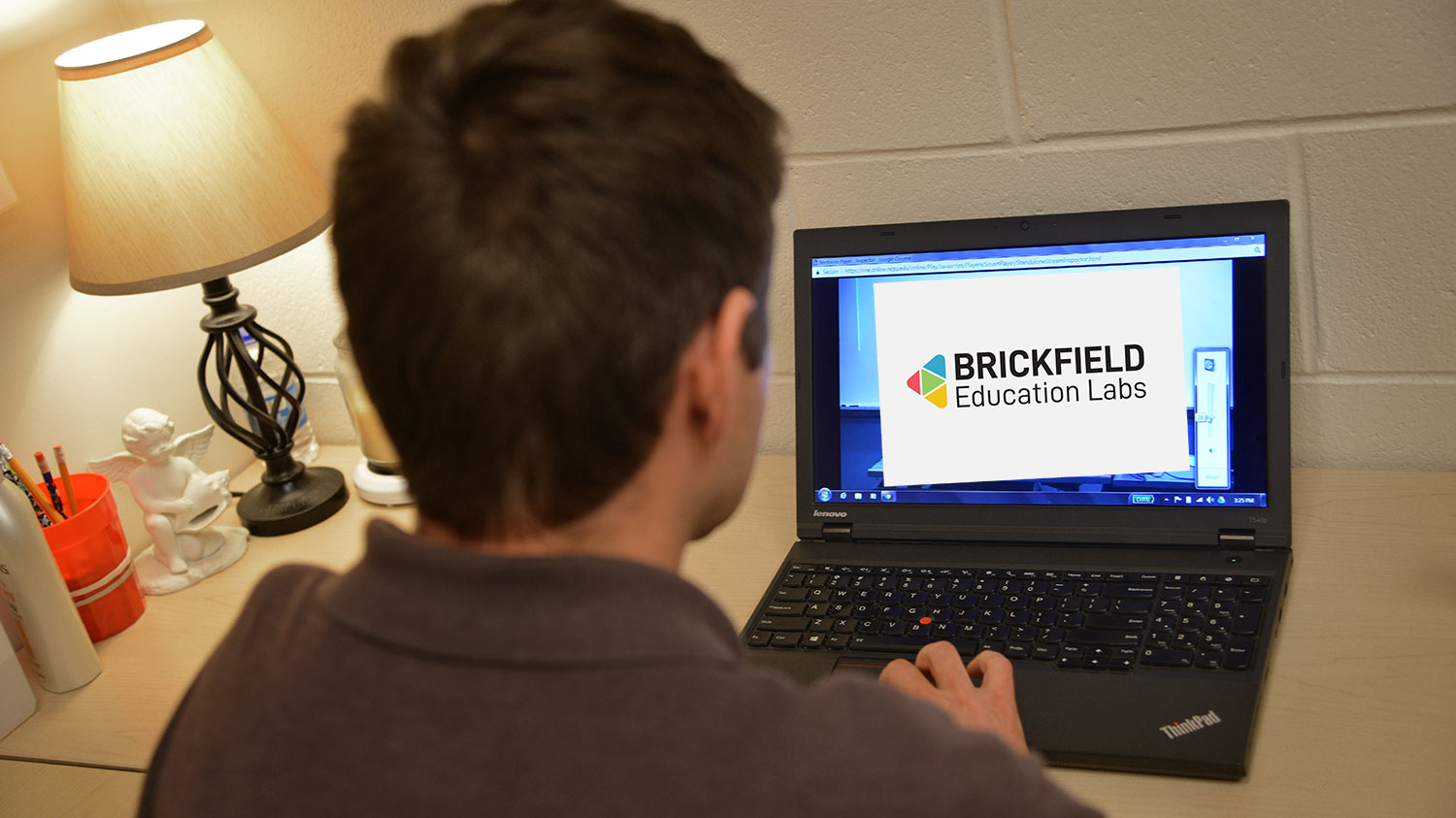Meet DELTA Faculty Fellow Megan Lupek
Building Support Through Intentional Connections

DELTA Faculty Fellow Megan Lupek had the opportunity to be a teaching assistant while in graduate school, where she led several lessons throughout the semester. Although she had no formal training in pedagogy at the time, she gravitated towards an active learning approach and designed activities and games for her students to play.
“The student experience has always been at the heart of my teaching philosophy,” Lupek explained. “And I strive to improve that experience every semester.”
Lupek is the co-director of the Environmental Sciences Program and an assistant teaching professor within the College of Natural Resources. We had an opportunity to ask her some questions about participating in the DELTA Faculty Fellows program, what it means to her as an educator, and her goals for her time in the program.
Inspiration
When Lupek first began her journey at NC State, she was impressed by the dedication and teaching practices of several of her colleagues. She mentioned ways that Associate Teaching Professor Steph Jeffries and Teaching Professor Lara Pacifici within the College of Natural Resources have been role models of excellent educators.
“Both Steph and Lara are fabulous, and I am inspired by their ability to weave community engagement, hands-on field trips, and other high impact experiences into their curriculum,” Lupek said.
Lupek also spoke of Associate Director for Faculty Development, Office for Faculty Excellence Department of Chemistry, Maria Gallardo-Williams.
“Maria has been a wonderful mentor for developing creative pedagogy practices and sparking my interest in the realm of scholarship of teaching and learning research,” Lupek said. “Maria encouraged me to apply for the Faculty Fellows Grant, citing her positive experience with the program and highlighting the ways it could benefit my own career path.”
Teaching Methodologies
Regardless of their major, Lupek wants her students to leave her courses having grown their skill set in some way. She recognizes the importance of understanding the technical skills of the class as well as soft skills students might acquire or changes in perspective or behavior. As a proponent of hands-on, active learning opportunities, Lupek wants students to have opportunities to learn through a variety of experiences, such as field trips, participation in citizen science projects, and using the university campus as a classroom.
“It is really important to me that students make personal connections to the course content in my classes,” Lupek said. “As much as I can, I allow students to personalize their learning by offering choices in projects or asking them to set intentions for themselves at the beginning of the semester. I also encourage students to get creative when completing projects for my class and started co-creating open educational resources with students as well.”
When students have choice, autonomy, and room to get creative, they make beautiful work and are much more motivated to learn.
Beyond her instructional practices, Lupek is passionate that students find a sense of belonging, community and support in her classroom. She strives to ensure that her students feel comfortable in her courses so that their “bodies and minds are engaged and ready to learn.”
“I recognize that students enter the classroom with diverse backgrounds and experiences,” Lupek said. “We embrace these differences, which better prepares them to succeed in a diverse workforce and collaborate with others who hold other viewpoints.”
Lupek establishes a sense of belonging in the classroom by having students create a slide to introduce themselves. Then, they share that slide with a small group, and later peers within the group introduce each other to the larger class. This method allows students to begin to build community, learn about shared interests and connections, as well as get to know each student as an individual.
Community is vital. Students need to feel connected to one another to improve their wellbeing and sense of connection to campus.
“I am also intentional in utilizing multiple means of representation and diverse perspectives of content in the materials I use in my classroom so that students can see themselves in the curriculum and appreciate different viewpoints,” Lupek said. “Because community is an important component of my classes, I develop rapport and foster a sense of community within my classes by sharing personal stories, facilitating fun, content-relevant warm-up activities, and celebrating accomplishments. Students can translate these community-building skills post-graduation where they will be working with all kinds of folks from different backgrounds and in interdisciplinary settings.”
Most importantly, Lupek wants her students to know that she is a source of support for them and not a barrier to success. She provides optional weekly check-in forms to allow students to communicate anything that might prevent them from being fully present for the course. In addition, she looks for methods to provide free learning materials for all her students.
“I recognize that a growing percentage of students struggle with a multitude of issues that can affect their ability to engage in the classroom, such as food and housing insecurity,” Lupek explained. “Those who cannot afford textbooks or other required materials should not be put at a disadvantage. Therefore, I am committed to using resources that are free for all enrolled learners. This was my main motivation for applying to the NC State University Libraries Alt-Textbook Project, and since then none of my courses have included additional costs to students. Instead, I identify relevant Open Education Resources and create my own materials.”
Goals
During her time at NC State, Lupek has taken advantage of campus programs that have allowed her to learn more about instructional technology. For example, she participated in the Online Course Improvement Program (now incorporated into the Course Improvement Grant), where she learned to apply the Quality Matters (QM) rubric to her courses.
“After participating in that program, I am incredibly intentional about what I have students do in my classes, from the instructional materials they interact with to the assessment strategies I apply,” Lupek said. “I make sure that there is a clear purpose for everything a student completes in my course and align those activities with my learning objectives. While a DELTA Faculty Fellow, I hope to share some of the knowledge I have gained in areas of pedagogy that have become my passions.”
Lupek’s primary areas of interest include:
- Cultivating inclusive teamwork
- Advocating for the effective use of open educational resources
- Collaborating with students in the co-creation of educational products
- Fostering a sense of belonging within the classroom
Lupek is also excited to learn from the other members in her cohort.
“My favorite professional development experiences involve connecting with folks from across campus!”
Interested in sharing your knowledge and learning from other instructors? Learn more about DELTA’s Faculty Fellow program and receive updates on the DELTA Grants cycle.


